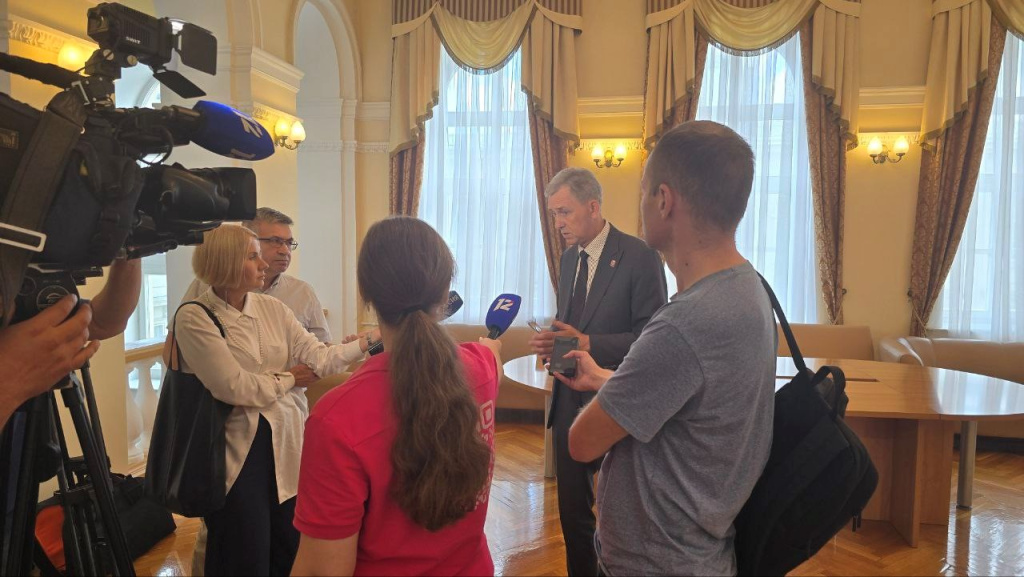The agenda included three issues. On providing residents of the Omsk region with firewood, on the treatment of stray animals and on fire safety.
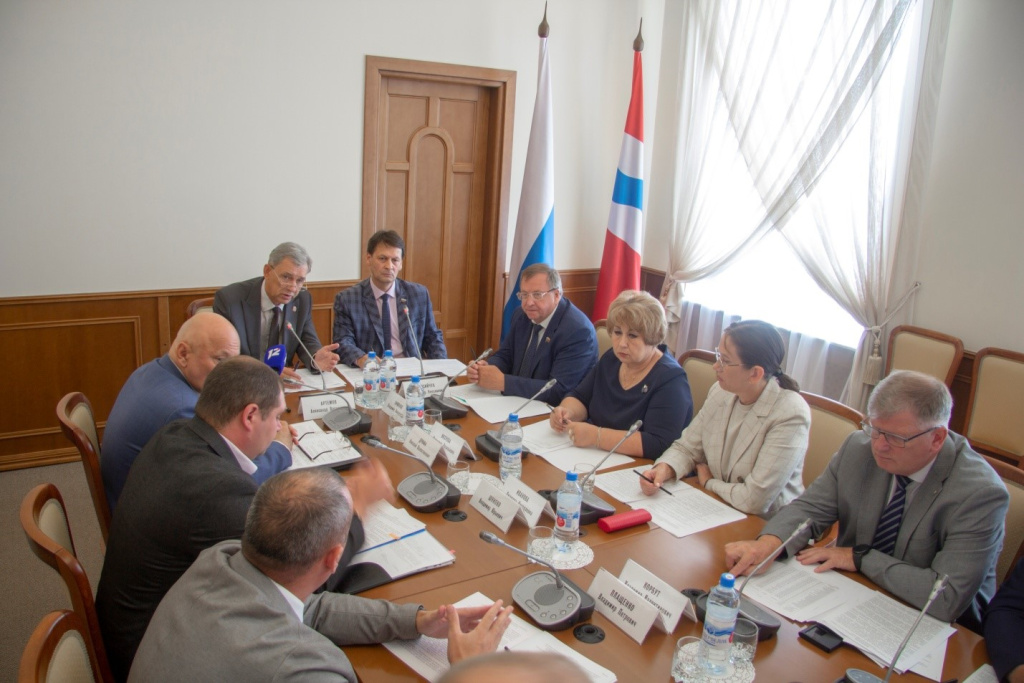
Detailed reports were made on all three topics. In particular, in discussing the issue of providing residents of the Omsk region with fuel, it was noted that the existing system made it impossible to quickly solve the problem of allocating plots for logging locally. Recommendations were developed for changes in legislation to overcome the problem of supplying the population with firewood.
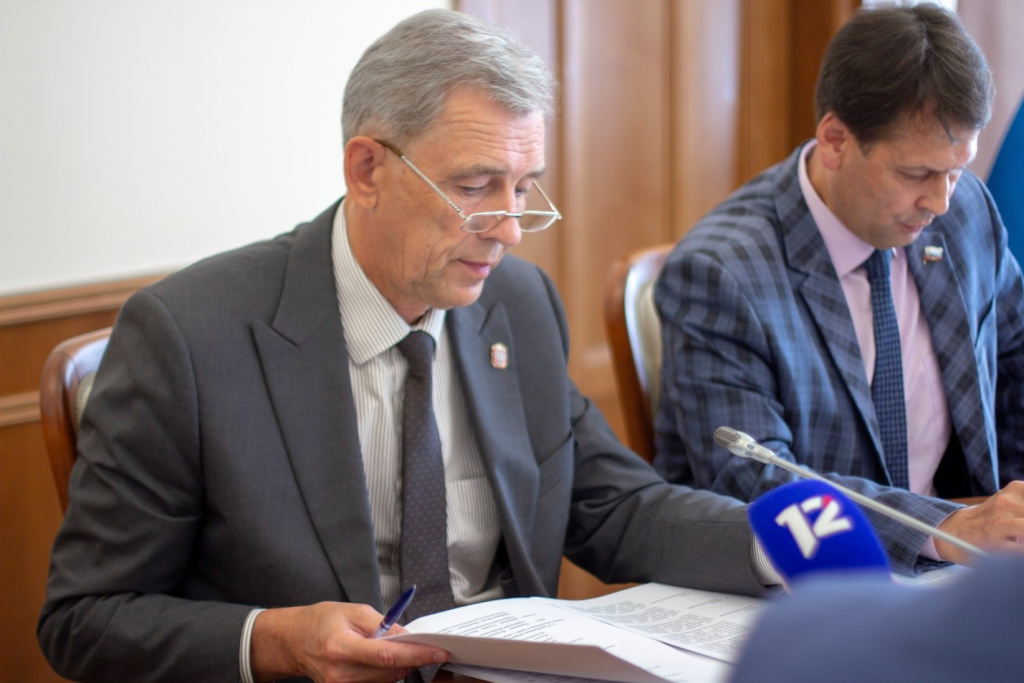
Considering the issue of treatment of animals that do not have owners, as well as animals whose owners are unknown, the head of the Main Veterinary Department of the Omsk Region, Vladimir Plashchenko, noted that now in the region there is a rule according to which stray animals are caught, sterilized and vaccinated , after which they are released. The rule does not apply to animals that have shown aggression - they are sent to shelters for life. In several regions of Russia, dogs that attack a person are euthanized. The Constitutional Court of Russia decided that such actions are unacceptable. A clear answer on how to properly deal with aggressive animals has not yet been found. During the discussion, it was decided to conduct monitoring and find out how this problem is being solved in other regions of the country and, based on the experience gained, to develop our own rules for treating stray animals, in accordance with the norms of existing legislation.
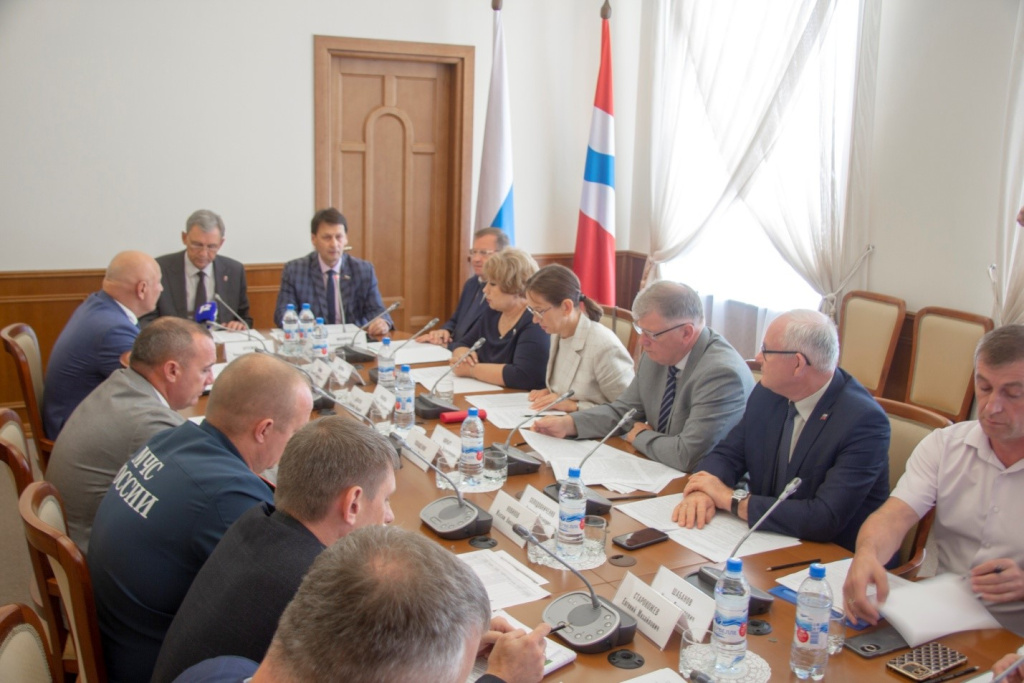
The third important topic is fire prevention measures in the forests of the region. Even this year, when there was flooding across the country and region, there were some fires. The situation is much worse in dry years. Since the beginning of the fire season, 29 forest fires have been detected and extinguished in the region (435 fires in 2023). The total area covered by the fire was 337.62 hectares (2023 – 9911.48 hectares). 96.6% of forest fires were extinguished almost within the first 24 hours. It is not known what the next fire danger period will be, but we need to prepare for the worst scenarios. And for this it is necessary to invest money in patrolling forests, delivering parachute fire service personnel to the place fire. Preventive work with the population remains an important measure.
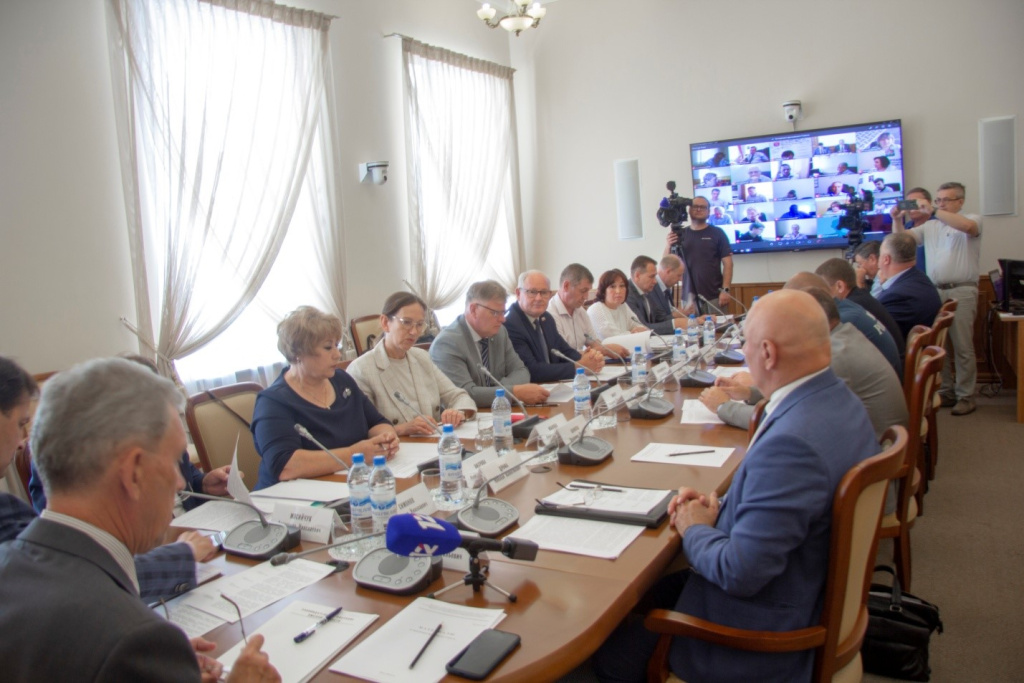
All the topics and recommendations discussed today will become the basis for the further work of legislators who, based on the experience gained, will be able to create bills that will allow them to overcome complex and pressing problems.
